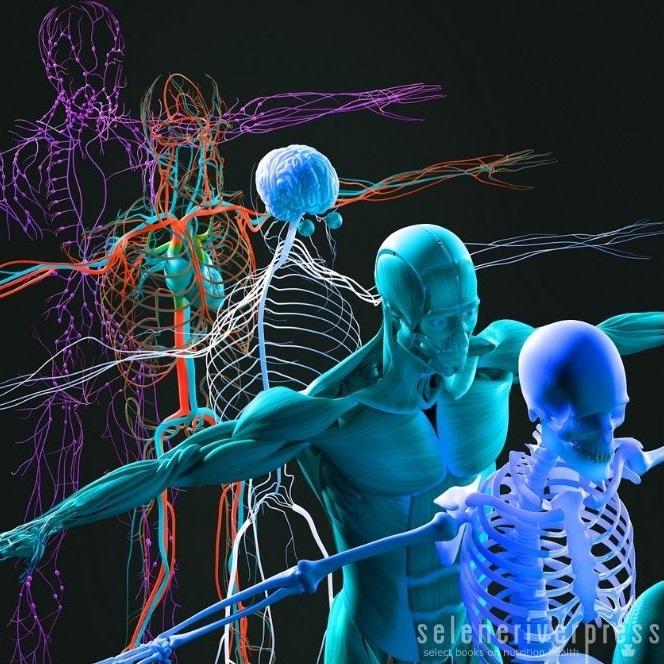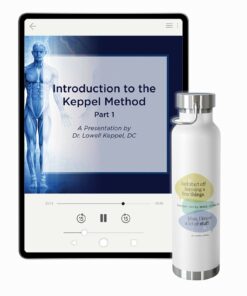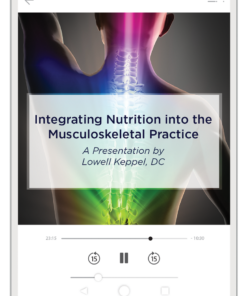Enjoy the latest installment of Dr. Lowell Keppel’s “Good to Know” series for practitioners.
Thyroid, thyroid, thyroid, and more thyroid! Don’t get me wrong—the thyroid gland is important. But the appendix is also important, as well as the salivary glands. Yet it seems that all anyone wants to fix is the thyroid.
Let’s ponder this: What if the thyroid is not the issue? What if it’s the symptom?
What do I mean? The thyroid (the “shield”) produces thyroxine—but is that all? Rather than assuming that thyroxine alone is enough, perhaps we need to ask if it should be doing more. There are some who say that the thyroid makes T3 and T4 and that’s it. However, what does it take for the body to make these critical hormones?
First of all, you must have a functioning thyroid. For most professionals, this is where it stops. The assumption is that the thyroid is at fault, but often this is not the case. Blood tests look at the TSH (thyroid stimulating hormone), which is produced by the pituitary gland. If the pituitary is producing a lot of TSH, the thyroid must be under-producing T3 and T4 and therefore needs a kick in the rear. Remember, the TSH works on a feedback loop. If there is enough thyroxine, the TSH should be low. But how can thyroxine be low yet still cause high TSH?
It could be that the thyroid does not have enough raw material to make the product, and we need to ask what else is needed. Well, thyroxine is an amino acid (tyrosine) that needs four iodine atoms attached to it. Think of it this way: the factory (thyroid) is working fine, but there are no building materials.
The tyrosine enzyme found in whole food vitamin C complex is also needed. If the parotid is not recycling di-idotyrosine back to the thyroid from recycled thyroxine, you need to enhance parotid support with Standard Process Parotid PMG.
What if the factory is working fine and there is enough raw material to make thyroxine? In that case, we must make sure the controls—the hypothalamus and pituitary gland—are online so the factory knows when and how much to produce. And to do that, we must look up the line to check if the hypothalamus or pituitary need support In this case, the simplest approach is SP Neuroplex, which contains hypothalamus and pituitary along with other brain support. (Another option for supporting each of these glands individually is with Hypothalamus PMG or Pituitrophin PMG.)
Let’s sum it up with a basic, simple Standard Process protocol:
Controls:
- Neuroplex: 4–6 per day.
Factory:
- Symplex F or Symplex M: 6 per day on an empty stomach for pituitary, thyroid, adrenals, and gonads.
- Paraplex: 6 per day on an empty stomach for pituitary, thyroid, adrenals, and pancreas.
Materials:
- Prolamine Iodine: 4 per day.
- Cataplex C (tyrosinase): 6 per day (also helps the adrenals).
- Cataplex F Tablets: 6 per day to provide fatty acids that raise the blood iodine level 200 percent or more.
- Parotid PMG: 6 per day to recycle iodine and tyrosine back to thyroid.
- Protefood: 2 per day for amino acid support.
Look beyond the gland. Look up the line to the controls.
Joseph Antell (Adjuvant Protocols for Healing) explains that the triad of materials is essential. This triad is the protein, the mineral, and the vitamin. Likewise, each component of the process is essential: the factory, the raw materials, and the controls.
Images from iStock/hrisChrisW (main), DragonImages (post).
 Get self-health education, nutrition resources, and a FREE copy of A Terrible Ten: Health Foods That Ain't ebook.
Get self-health education, nutrition resources, and a FREE copy of A Terrible Ten: Health Foods That Ain't ebook.




I was unable to order the product I was interested in using the instructions provided by a very knowledgeable and compassionate service rep. cjk